Stimulating consumption: The key boost for growth
An important highlight in the Government 's stimulus work is the policy of reducing value-added tax (VAT) by 2 percentage points, from 10% to 8%, applied to essential goods and services from July 1, 2025 to the end of 2026. This is a move to directly support people's purchasing power, especially the middle and low-income groups, which are heavily affected by the cost of living. At the same time, this policy also helps businesses reduce operating costs, thereby creating room to expand production and maintain competitive prices.
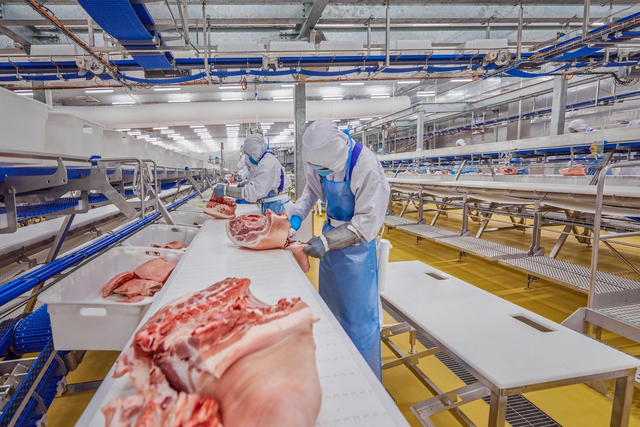
An important highlight in the Government's stimulus work is the policy of reducing value-added tax (VAT).
The spillover effect is expected to be quite large: With the VAT reduction, the pressure on essential consumption costs will be reduced, thereby promoting shopping demand during peak seasons at the end of the year and extending to 2026. As consumption currently accounts for more than 60% of Vietnam's GDP, stimulating demand will create an important cycle for the economy . This is not only a short-term support solution, but also contributes to strengthening sustainable growth momentum based on domestic purchasing power.
For the retail industry, the reduction of VAT makes the retail prices of essential goods more attractive, encouraging people to shop more at modern channels such as supermarkets, convenience stores and e-commerce. This is an opportunity for large retail chains to expand their market share, especially in rural areas, which account for more than 60% of the population and have much room for growth. Customer traffic and average basket value are expected to improve significantly, creating momentum for modern chains to maintain a rapid expansion rate.
For the fast-moving consumer goods (FMCG) group, the VAT reduction policy helps essential products such as food, beverages, spices and convenience products reach consumers at better prices. This is an important factor to boost purchasing power in the context of high living costs. With the characteristic of high consumption frequency, the FMCG industry can record significant growth in output, while creating more room for businesses to promote high-end, safe and traceable product lines.
Not only stopping at "reducing taxes to increase demand", the Government also synchronously combines many solutions: promoting trade promotion, encouraging Vietnamese products to conquer domestic consumers, promoting e-commerce and modern retail chains; at the same time, tightening the management of counterfeit and poor quality goods to create a "fair playing field". These are factors that help consumption not only increase in quantity, but also improve in quality, associated with safe products with transparent origins.
With an economy of 100 million people, when per capita income is approaching the 5,000 USD mark, stimulating consumption becomes a key boost: both helping to maintain short-term growth momentum and reshaping the market structure, creating room for domestic businesses with widespread coverage to develop sustainably.
In this picture, integrated consumer-retail businesses like Masan , with an ecosystem spanning from production to distribution, are forecast to directly benefit from stimulus policies and have conditions to accelerate strongly in the coming period.
Profit forecast to increase more than 80% year-on-year
According to the latest report from VDSC, Masan (HoSE: MSN)'s after-tax profit in Q3/2025 is estimated at about VND1,272 billion, up 81.4% over the same period last year. The company's recent positive figures also reveal positive results in the final months of the year.
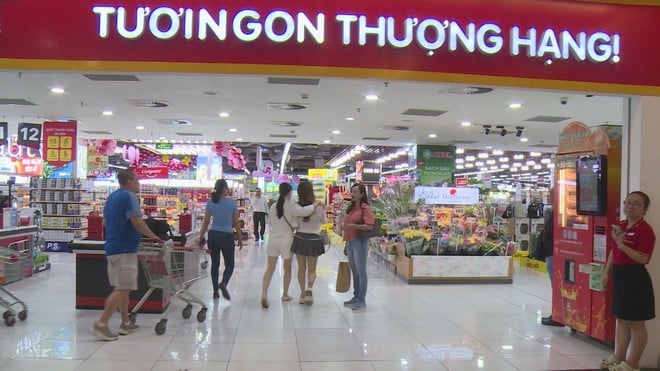
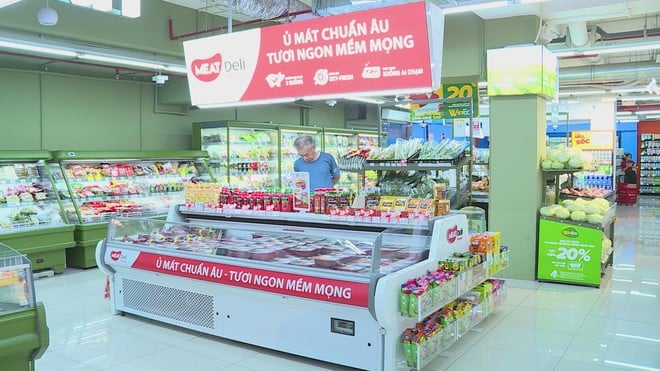
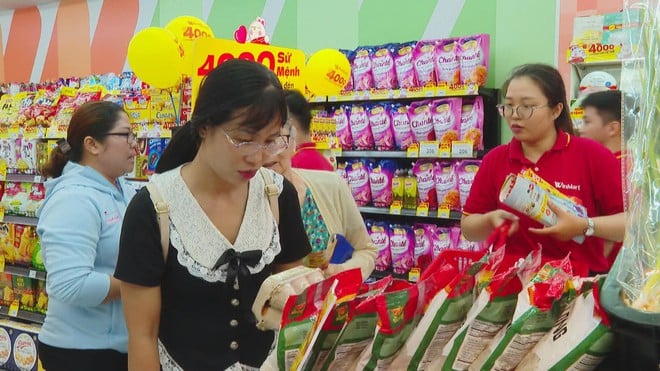
Masan's (HoSE: MSN) after-tax profit in the third quarter of 2025 is estimated at about VND 1,272 billion.
Accordingly, Masan's retail chain - WinCommerce (WCM) - the company operates the WinMart supermarket chain and WinMart+/WiN stores with more than 4,200 points of sale nationwide, of which 75% of newly opened stores are concentrated in rural areas. In the first eight months of the year, WCM recorded revenue of more than VND25,000 billion, up 16.1% over the same period and far exceeding the annual growth plan. In August alone, revenue reached VND3,573 billion, up 24.2% over the same period, reflecting the clear rebound of domestic purchasing power and the effectiveness of the modern retail model.
In parallel, in the meat segment - Masan MEATLife (MML) also showed sustainable progress after restructuring. In August 2025, MML consumed 14,007 tons of products, up 12.9% over the same period. Revenue reached VND 999 billion (+11.1%), while profit after tax increased 60.5% to VND 35 billion. EBIT and EBITDA both improved strongly, showing that operating efficiency and profit margins are being consolidated. This result reflects the trend of consumers shifting to branded, safe and traceable meat products.
These figures show that, when the stimulus policy is unlocking purchasing power, domestic enterprises with integrated ecosystems like Masan not only take advantage of coverage and product portfolio, but also have the conditions to accelerate expansion, increase efficiency and move towards sustainable growth.
According to the September 2025 update report, Bao Viet Securities (BVSC) maintains an OUTPERFORM recommendation with a target price of VND106,000/share for MSN, significantly higher than the current market price. However, BVSC also notes a number of challenges: increasingly fierce competition between domestic and foreign retail chains, unpredictable fluctuations in raw material and operating costs, and compliance requirements for new regulations such as electronic invoices that may create pressure in the short term. This requires MSN to maintain its expansion rate while optimizing operations and risk management to realize growth forecasts.
>>> Please watch HTV News at 8:00 p.m. and 24G World Program at 8:30 p.m. every day on HTV9 channel.
Source: https://htv.com.vn/loi-nhuan-quy-iii-cua-masan-duoc-du-bao-tang-hon-80-222251001164541531.htm




![[Photo] President of the Cuban National Assembly visits President Ho Chi Minh's Mausoleum](https://vphoto.vietnam.vn/thumb/1200x675/vietnam/resource/IMAGE/2025/10/1/39f1142310fc4dae9e3de4fcc9ac2ed0)
![[Photo] Hanoi morning of October 1: Prolonged flooding, people wade to work](https://vphoto.vietnam.vn/thumb/1200x675/vietnam/resource/IMAGE/2025/10/1/189be28938e3493fa26b2938efa2059e)




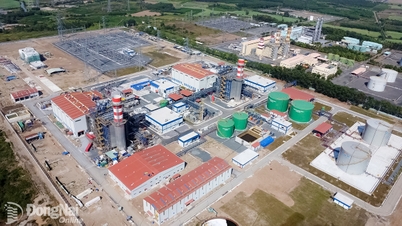











































































Comment (0)